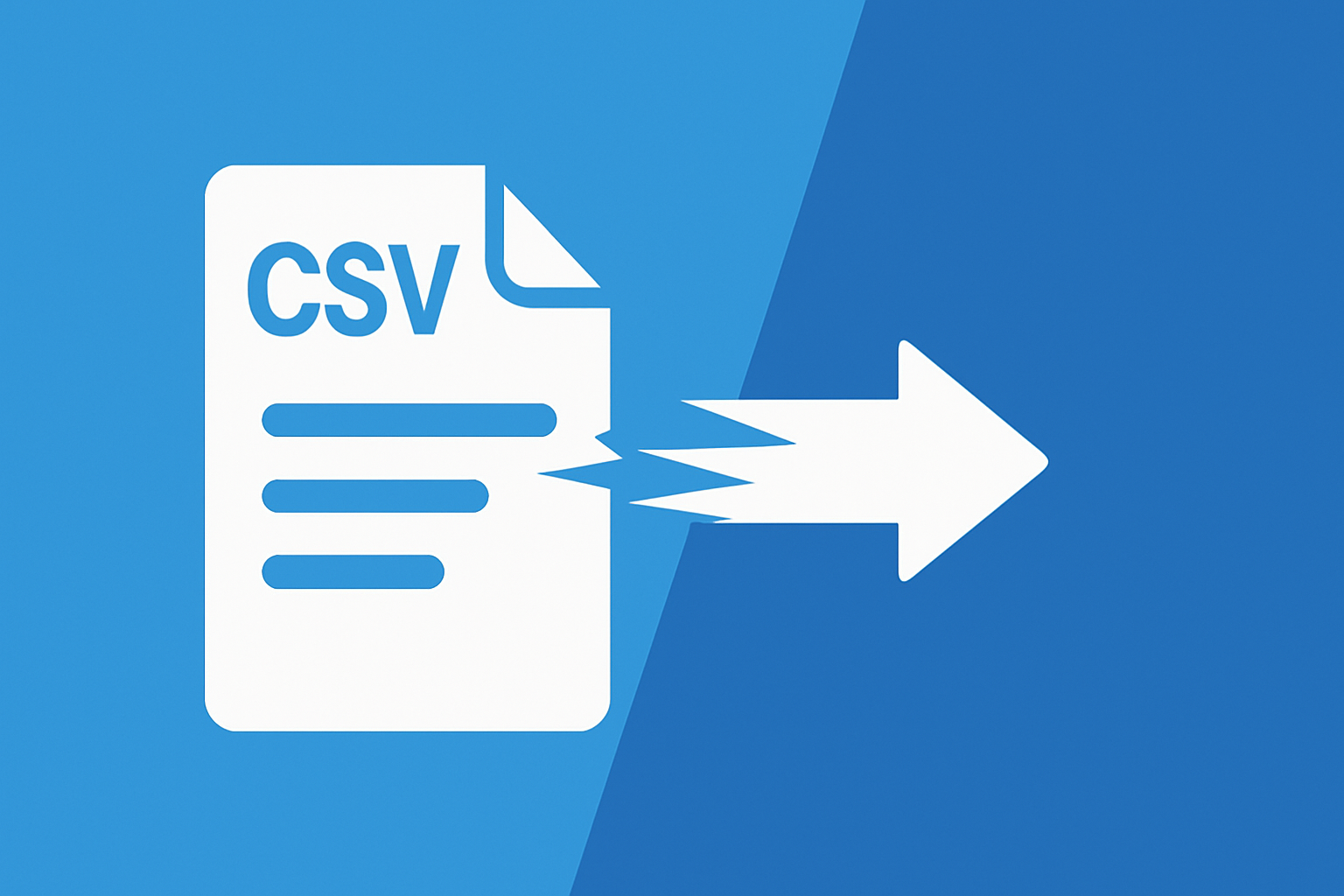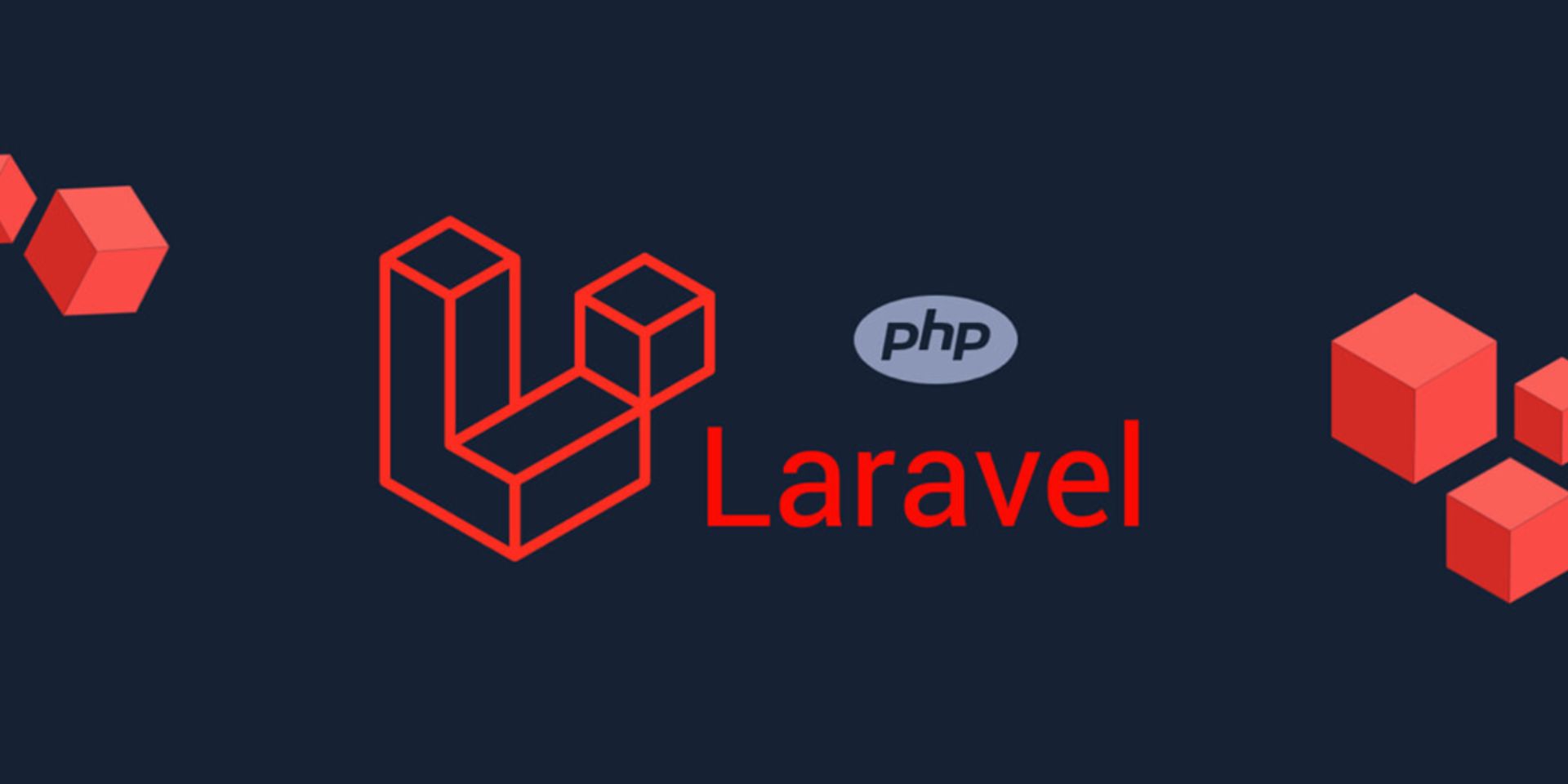
Why I Built FastCSV-C: Making CSV Handling Easy Across Languages
For years, I had nightmares handling CSV in both Python and PHP—across many real-world projects. Here’s why I built FastCSV-C: a fast, memory-safe CSV library in C, embeddable in any language. Lessons learned about FFI, memory, and performance.
For years, I had nightmares handling CSV in both Python and PHP—across many real-world projects. Sure, there are packages out there. But they’re often slow, leak memory, choke on edge cases, or silently corrupt data with encoding quirks.
I didn’t want to keep rewriting the same CSV handling logic over and over.
I wanted something faster, safer, and simpler—a library I could trust, and plug into any runtime without dealing with high-level overhead.
That’s exactly why I built FastCSV-C:
A fast, memory-safe CSV library written in C, designed to be embedded in PHP, Python, Go, or any language that can talk to C.
The Problem: CSV Is Simple—Until It’s Not
CSV should be easy. But in practice, it’s messy:
- Newlines in quoted fields
- Files with broken UTF-8 or mixed delimiters
- Huge files that eat memory or crash halfway through
- Language-specific quirks that break cross-platform portability
Even worse, the overhead of working in high-level languages (like PHP or Python) can be a deal-breaker. You’re stuck managing logic in the app layer, which slows everything down—especially when reading or writing many small rows.
The Vision: A Core Engine That Works Everywhere
My goal was clear:
✅ Fast: Stream massive files with low memory usage
✅ Safe: No leaks, no corrupt output, no guesswork
✅ Embeddable: Use it from any language—PHP, Python, Go, etc.
✅ Standard-aware: Handle the weirdness of real-world CSV, while sticking close to RFC 4180
I didn’t want to build “yet another CSV parser”—I wanted to move the logic closer to the runtime, so app code stays clean and fast.
Why Not Rust or Zig?
Good question. I actually started there. I wrote a whole post about it (Why I Tried Writing a PHP Extension in Rust or Zig), but the short version:
⚠️ FFI overhead kills performance for small, frequent operations
⚠️ Build systems can be tricky to integrate with ecosystems like PHP, which have their own mature (and sometimes rigid) extension-building workflows.
⚠️ Memory safety isn’t free when you cross the language boundary
⚠️ Ironically, C was faster and simpler when used well
This isn’t a post about why I didn’t use Zig or Rust—that story is told elsewhere.
This post is about why I returned to C and what I learned building something usable, fast, and clean across language boundaries.
Introducing FastCSV-C
FastCSV-C is a minimal, efficient CSV library written in C, with clean APIs and custom memory management via arenas (memory pools). It’s designed to:
🧠 Prevent memory leaks with scoped arenas
⚡ Stream data efficiently without wasting memory
🔌 Connect easily to any language with C FFI
📚 Stay documented and readable (docs are improving, promise!)
Example Usage
#include "csv_writer.h"
#include "arena.h"
#include "csv_config.h"
int main() {
Arena arena;
arena_create(&arena, 1024 * 1024); // 1MB arena
CSVConfig *config = csv_config_new(&arena);
csv_config_set_path(config, "output.csv");
csv_config_set_delimiter(config, ',');
char *headers[] = {"name", "age", "city"};
CSVWriter *writer = NULL;
csv_writer_init(&writer, config, headers, 3, &arena);
char *row1[] = {"Alice", "30", "New York"};
csv_writer_write_record(writer, row1, 3);
char *row2[] = {"Bob Smith", "25", "Los Angeles"};
csv_writer_write_record(writer, row2, 3);
csv_writer_free(writer);
arena_destroy(&arena);
return 0;
}Made for Extensions: PHP, Python, and More
Because FastCSV-C is written in plain, modern C, it can be integrated into almost any language runtime with minimal overhead.
The PHP extension I’m working on (stay tuned for a separate post) is just a thin layer with no speed loss—and similar wrappers are easy for other languages too.
What I Learned
🧠 High-level code shouldn’t carry low-level burden: CSV logic belongs in the engine, not in scripts
🧱 C is powerful when used safely: With arenas and clean APIs, it’s not scary
🔧 Make the API feel native: Keep it simple and ergonomic to wrap
🚫 Avoid overengineering: No macros, no templates, just a clean core
Try It Out
- 📦 GitHub: FastCSV-C
- 📚 Documentation
- 🚀 Use it in your language of choice, or build your own binding
If you’re tired of fighting CSV in your app logic—especially across multiple platforms—FastCSV-C is made for you. It’s not magic. It’s just clean C code, doing its job well.
“I built the CSV library I wish I had years ago—maybe now, others won’t have to suffer the same pain.”


